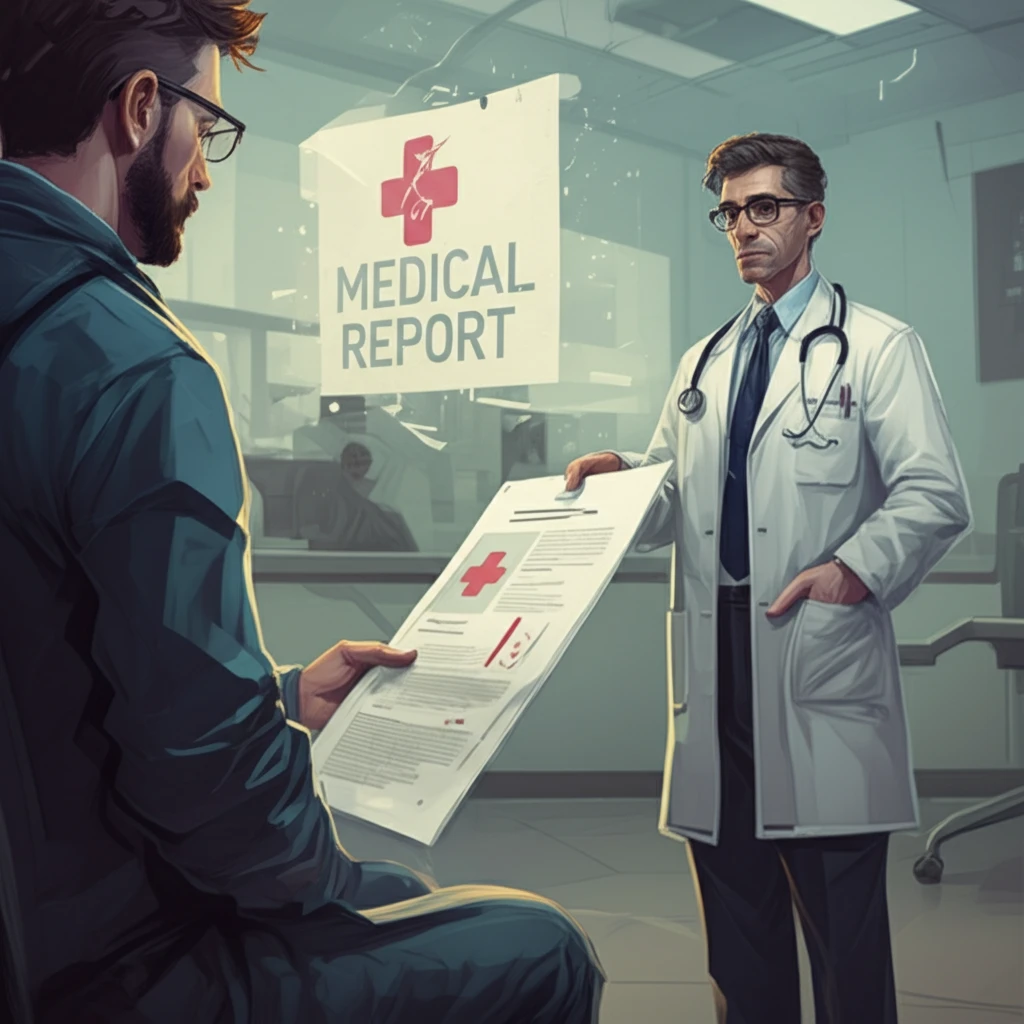
Decoding Your Doctor's Notes: How 'Was hab' ich?' Is Revolutionizing Patient Understanding
"From Confusing Medical Jargon to Clear Explanations: Meet the German Startup Empowering Patients Through Simplified Health Information."
Imagine leaving a doctor's appointment feeling more confused than when you arrived. Complex medical terms, indecipherable reports, and a sense of being left in the dark – this is a common experience for many patients. But what if there was a way to bridge the communication gap between doctors and patients, empowering individuals to truly understand their health?
Enter 'Was hab' ich?' (What do I have?), a groundbreaking German startup that's revolutionizing healthcare by translating complex medical findings into plain, easy-to-understand language. Founded by Ansgar Jonietz, 'Was hab' ich?' is more than just a translation service; it's a movement towards greater patient empowerment and improved doctor-patient communication.
This innovative non-profit utilizes a network of volunteer medical students and doctors to translate medical reports, lab results, and other technical documents into clear, concise explanations that patients can easily grasp. By breaking down the barriers of medical jargon, 'Was hab' ich?' is helping patients become active participants in their own healthcare journey.
The Problem: Medical Jargon and Patient Confusion

For many, receiving a medical diagnosis or test results can feel like entering a foreign country. The language used by healthcare professionals is often highly technical, filled with complex terms and abbreviations that can be difficult for the average person to understand. This lack of understanding can lead to anxiety, confusion, and a feeling of being disconnected from one's own health.
- Reduced adherence to treatment plans.
- Increased anxiety and stress.
- Difficulty asking informed questions.
- Poorer health outcomes.
- Increased strain on healthcare resources.
A Future of Empowered Patients
The story of 'Was hab' ich?' is a testament to the power of innovation and social entrepreneurship in addressing critical healthcare challenges. By empowering patients with clear and accessible information, this German startup is not only improving individual health outcomes but also fostering a more collaborative and patient-centered healthcare system. As the movement grows, it paves the way for a future where every patient feels confident, informed, and actively involved in their own healthcare journey.
